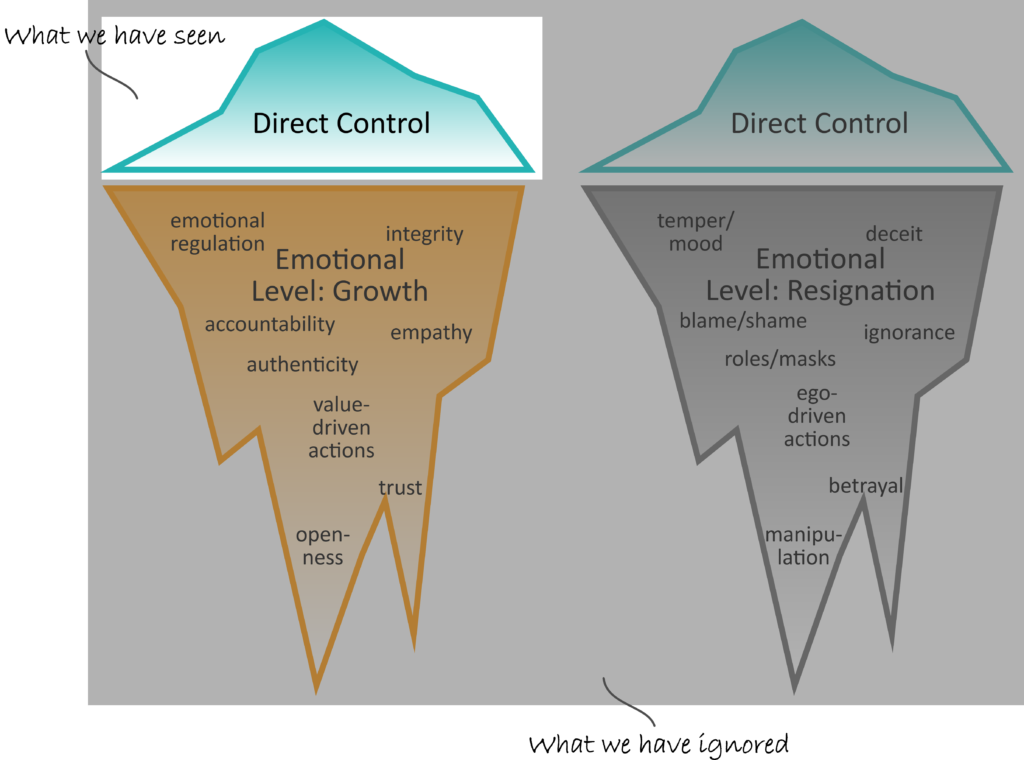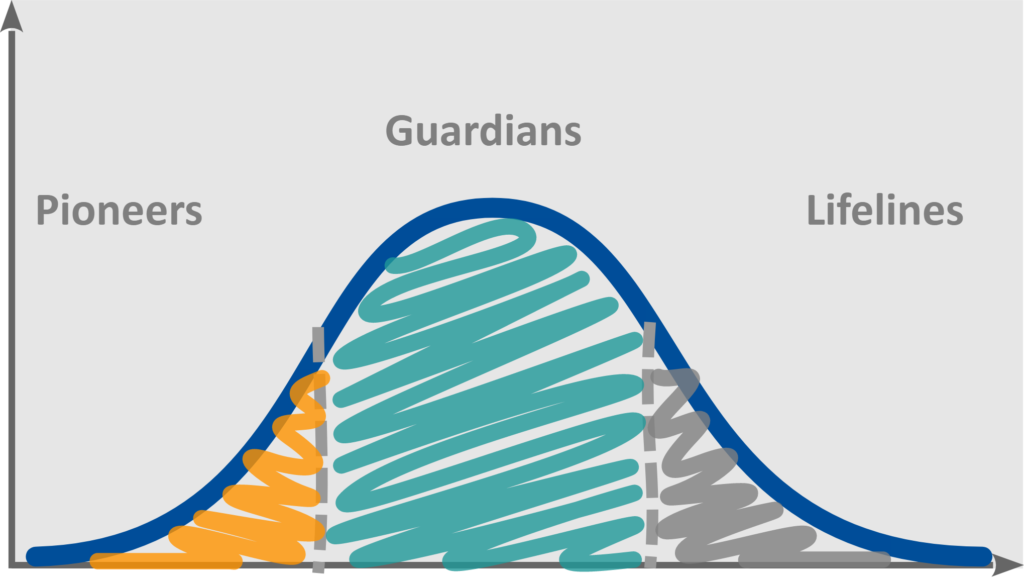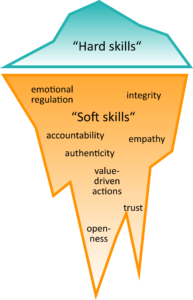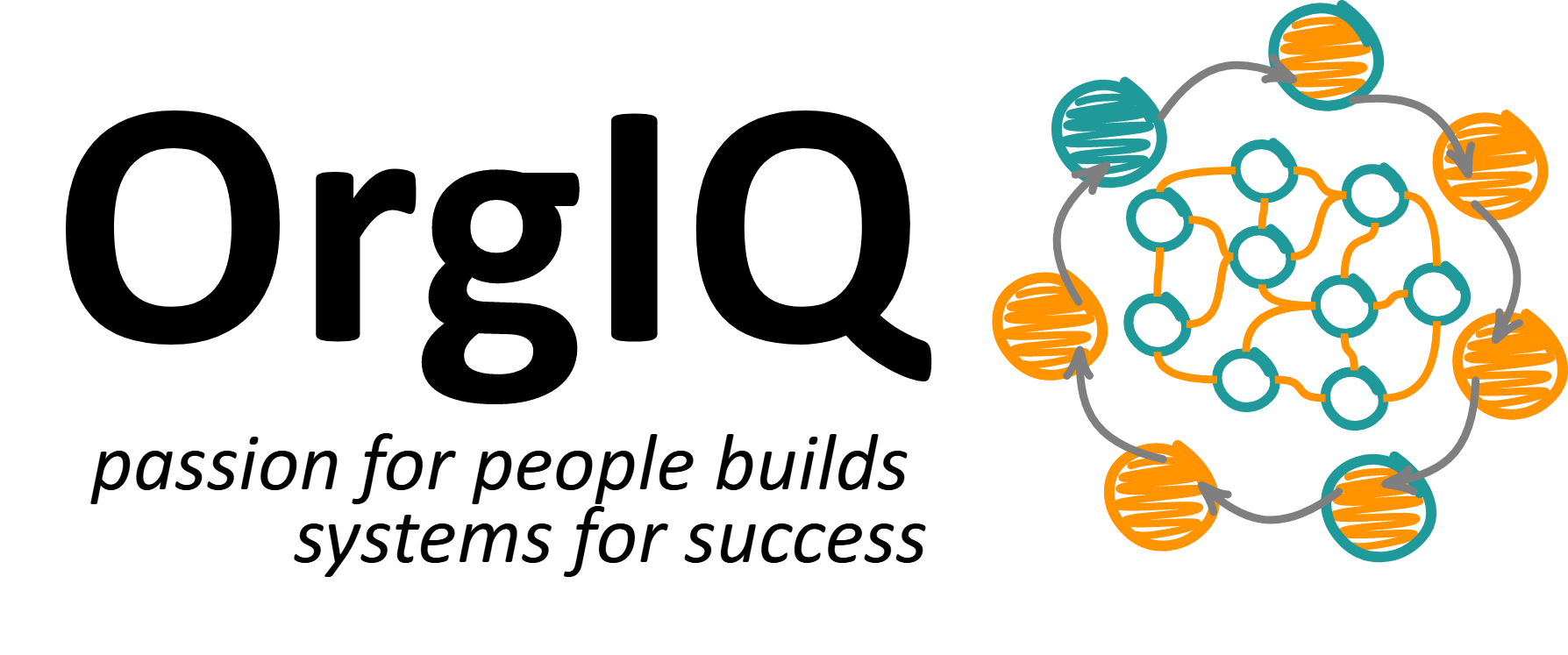In the bustling world of business, complexity surrounds us like a dense fog. We know that complexity can bring innovation and opportunity, yet, paradoxically, we often revert to seeking control. Why do we still believe we can steer the ship directly towards increased revenue, even when we understand the unpredictable nature of complex systems? Let’s explore this intriguing contradiction.
The Comfort of Control
Imagine driving a car with a clear dashboard and a responsive steering wheel. It feels good to have control, right? In business, leaders often seek the same sensation. Control provides comfort. It makes us feel safe and capable.
Control Simplifies Decision-Making
In a complex environment, simplicity is a beacon in the storm. Simple plans and direct actions make decision-making easier. When leaders feel they can directly influence outcomes, like revenue, they grab onto this control tightly. It’s reassuring.

The Illusion in Simplicity
Yet, this need for control is often an illusion. Complex systems, like markets or organizational structures, don’t always respond predictably to straightforward actions.
Predictability Feels Safer
The idea that A leads to B is comforting. If investing X amount in marketing always increased sales by Y, planning would be a breeze. But reality isn’t so linear. Still, the illusion persists because predictability is less daunting than uncertainty.
The Fear Factor
Fear of the unknown is a powerful force. In the chaos of complexity, being unable to predict outcomes can be terrifying. Control offers a shield against this fear.
Risk Aversion Holds Us Back
The higher the stakes, the less inclined we are to experiment. It’s risky to venture into unknown territory without a map. This risk aversion drives leaders to cling to familiar strategies that seem to promise direct control over results, like strict financial controls or rigid managerial structures.
Breaking the Cycle
To embrace complexity fully, we need to rethink our relationship with control. The core question is the choice between the worldviews of control or trust. Here’s how we can start:
Trust the System
In cybernetics we learn that the inner complexity of a system must match the external complexity to be adaptable. Which means survival. The external complexity is the reason, why we work together and can solve problems we can’t solve alone. But we are still scared of the magic that can happen, if we allow so. (There will be further blog posts on complexity and how to balance the different expectations and requirements from all sides.)
Cultivate Flexibility
Instead of rigid plans, flexible strategies adapt to changing conditions. They allow organizations to pivot quickly in response to unexpected challenges or opportunities.
The control loop of purpose and results help work here extremely well. They ensure a clear direction and guidance, while giving the Network all the trust and flexibility.
Encourage Experimentation
Create a culture where experimentation is valued as much as results. When teams are not afraid to try new things, innovation thrives.
Facilitate your pioneers and generalists.

Embrace Learning
View every outcome as a learning opportunity, whether it’s a success or a setback. Continuous learning helps organizations evolve with their complex environments.

Learn on all levels. Learning shouldn’t be restricted to the technical level, but also to the deep soft skills.
Conclusion: Steering Through Complexity
Understanding that complexity offers benefits is the first step. The next step is letting go of the need for direct control. By fostering flexibility, encouraging experimentation, and embracing continuous learning, leaders can navigate complexity more effectively. Let’s not be chained to the illusion of control. Instead, let’s sail the winds of complexity with openness and agility, ready to explore the vast possibilities it holds. Remember, in the intricate dance of complexity, sometimes following the flow leads to greater destinations than trying to steer every turn.

Leave a Reply